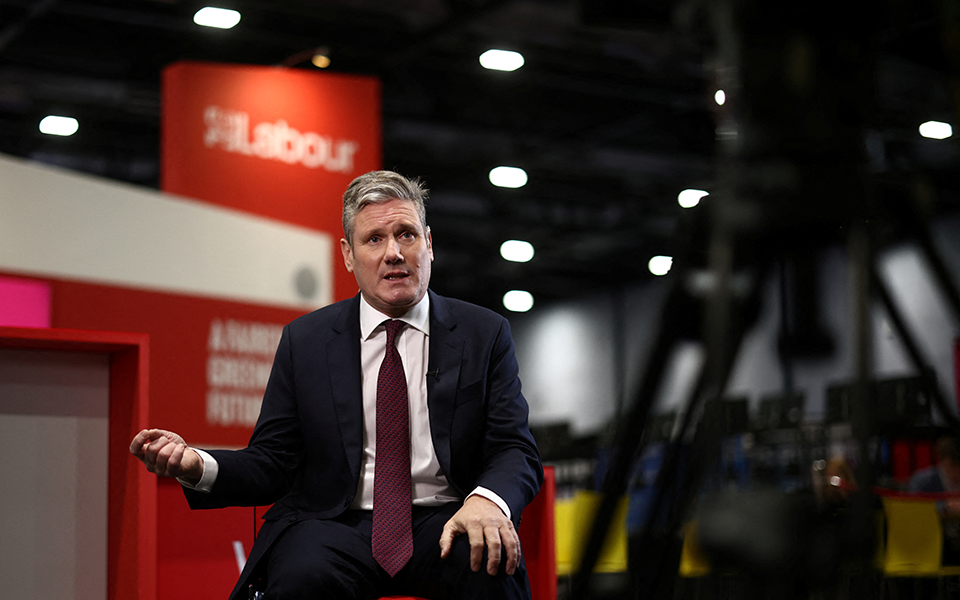But not many: it seems certain that the radicals of Reform UK will finish third, pushing Dem-Lib’s liberals off the stage, leaving behind a life of balancing the scales and falling into political irrelevance.
With the Conservatives unable to stop the congestion they face, nothing can stop Labour’s momentum on the way to capturing Number 10 Downing Street. So, the doubts – the election this Thursday, a normal working day and reflection without 24-hour chaos – continue the second line. To the eternal second line, indeed: while the English electoral system bears many similarities to the French, the two-party system is, as many consider, highly undemocratic and systemically imposed. A note: the French far-right is ‘teaching’ the so-called ‘centrao’, in a bad way, the consequences when something fails.
In this second line are the Dem-Lib Liberals – who, when they do not emerge directly from the popular will, do so in favor of aligning themselves seasonally, sometimes with the Conservatives, sometimes with Labour, to form a majority in the House of Commons; and the Radicals of Reform UK, a party derived from Nigel Farage’s UKIP and becoming the Brexit Party, before another metamorphosis.
In the second category of its kind, Reform UK demonstrates clear potential to do well. In recent days, polls have indicated that the party with Nigel Farage as its ‘alma mater’ is nearing the threshold of 16% voting intentions – maintaining an upward trend that has emerged in recent weeks.
Instead, the Liberals only managed to ‘flatten’ their voting intention, with 10% failing to ‘break away’ from the barrier – compared to the 11% they had a few days earlier. Signs of winds invading the British Isles from the continent, say analysts – liberals were in a bad position in the elections to the European Parliament (except for the Portuguese and a few others) and the far right grew too much. If opinion polls are to be believed, this scenario will repeat itself in the UK.
But none of this has affected Labor much, led by Keir Starmer, who are safely above 40% – but not at the 45% peak they saw two or three weeks ago. In other words, the gap with the Conservatives is no longer double the intention to vote for Rihsi Sunak’s party, but slightly less. In fact, conservatives made a slight improvement: they went from 20% to 22% of voting intentions. In any case, the party that has gained most weight in recent times is UK radicalism.
For understandable reason – after all, the centrality of public interests is a ‘disease’ affecting all democracies. Research Banks and consultants all, without exception, indicate that key economic indicators should not experience significant variations, whether Labor or the Conservatives win. Growth, deficit or debt will be safe, without the name of the winning party – and it will be one of those two – changing anything. The prognosis is that investors (especially foreigners) are better off paying in gold – and, of course, the British honest French don’t want to go through the ‘tremors’ that the French are experiencing at the moment, precisely for that reason.

“Total creator. Devoted tv fanatic. Communicator. Evil pop culture buff. Social media advocate.”

